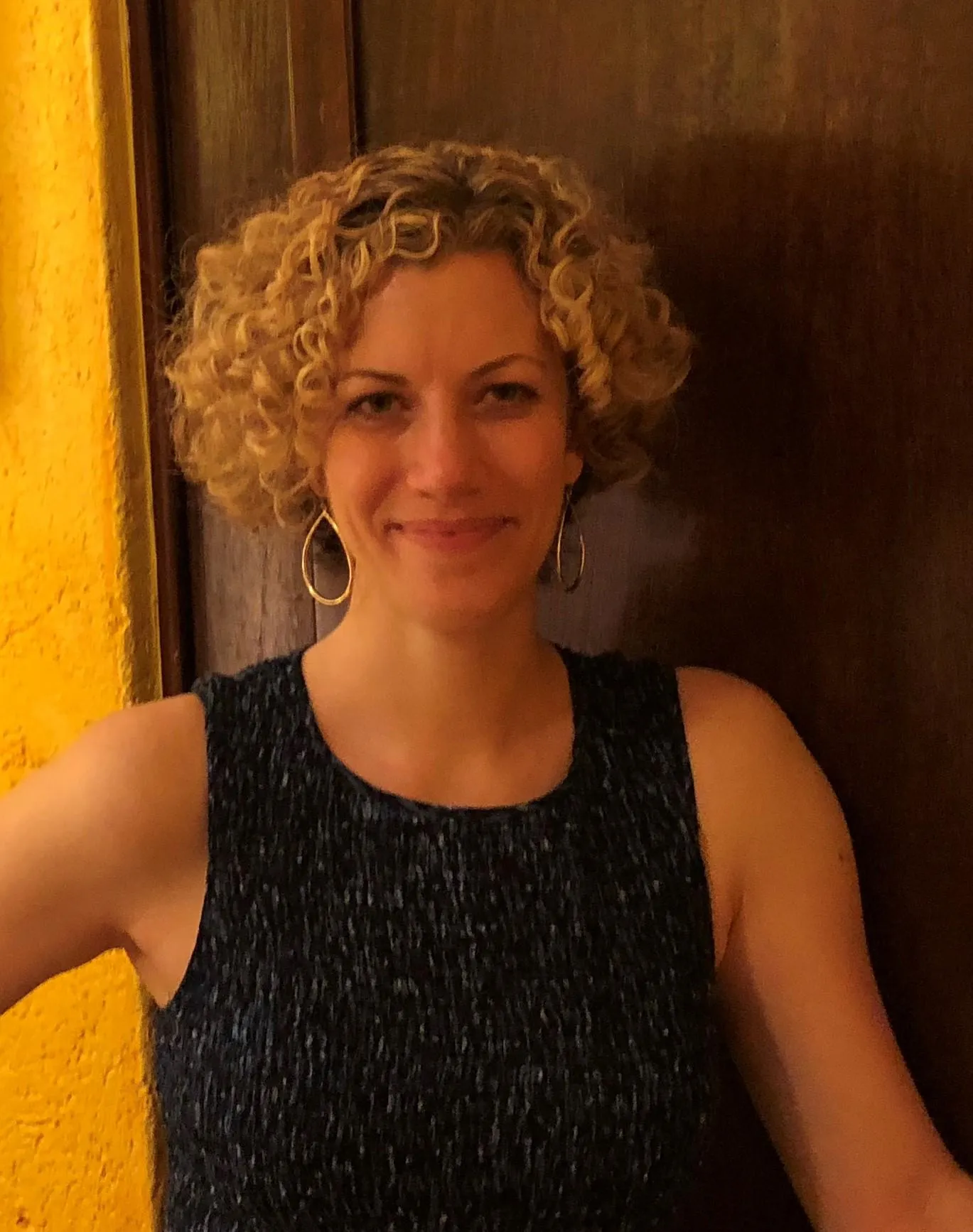Now, following Qasem Soleimani’s killing, bin Salman has an opportunity to project himself as a maturing leader and constructive partner for peace, instead of a rash young man careening toward conflict
Dr Katherine Harvey
22 January 2020
Hopes for peace in future may rest on lessons from past for crown prince
Lessons from the past may help Saudi Arabia’s Crown Prince Mohammed bin Salman ease tensions in the Middle East and the wider world, according to a King’s College London graduate.

Dr Katherine Harvey, who was awarded her PhD in Middle Eastern Studies earlier this month, believes bin Salman should follow the lead of a predecessor, Abdullah bin Abdul Aziz, who brokered a détente between Saudi Arabia and its regional rival Iran in the late 1990s.
Writing in The Washington Post, Dr Harvey said: “Last year, Saudi Arabia’s brash young leader, Crown Prince Mohammed bin Salman, the de facto power behind the throne, was instructing his allies in the Trump administration that Iran “must be hit hard”. Now, however, as tension boils between the United States and Iran, the crown prince, fearing Saudi Arabia could get caught in the crossfire, is urging restraint.
“Recent months have already demonstrated how US pressure on Iran can also bite the Saudis. Smarting under severe US economic sanctions since the Trump administration’s 2018 withdrawal from the Iranian nuclear deal, Iran launched a major drone and missile strike on Saudi Arabia’s most critical oil facilities in September.
“To help defuse the present crisis, bin Salman would do well to follow an example set by one of his predecessors, Abdullah bin Abdul Aziz. In 1997, when tensions were also mounting between Iran and the United States, Crown Prince Abdullah, despite being hawkish toward Iran, initiated a notable detente, helping to calm the region.”

As well as easing tensions with Iran, Dr Harvey, who studied at King’s Department of Political Economy, added that a more conciliatory approach may also help Crown Prince Mohammed bin Salman secure his own path to the throne, following a number of what she described as “misadventures” in recent years.
Dr Harvey said: “Although bin Salman is more secure in power today than Crown Prince Abdullah was in 1997, his impetuousness constitutes a vulnerability. Senator Lindsey O. Graham (R-S.C.), normally a strong supporter of Saudi Arabia, has gone so far as to call him “crazy” and “dangerous”. Bin Salman’s rivals at home will take heart as long as he has such strong detractors in the United States, their critical ally. If he is seen as toxic abroad, his eventual succession is not entirely assured.
“Bin Salman may realize this vulnerability. Since the Iranian strike on Saudi oil facilities in September 2019, he has pursued a more moderate approach to Iran, requesting third-party mediation to avert further confrontation. Now, following Qasem Soleimani’s killing, bin Salman has an opportunity to project himself as a maturing leader and constructive partner for peace, instead of a rash young man careening toward conflict.
“This could boost bin Salman in numerous ways: quieting his American detractors, hedging in case of a Democratic presidential victory that revives the Iran nuclear deal and smoothing his eventual succession to the throne. But Saudi detente with Iran would also be good for the Middle East and the world.”
You can read Katherine’s piece in full here.
Find out more about the Department of Political Economy here. And you can find out more about the Institute of Middle Eastern Studies here.
